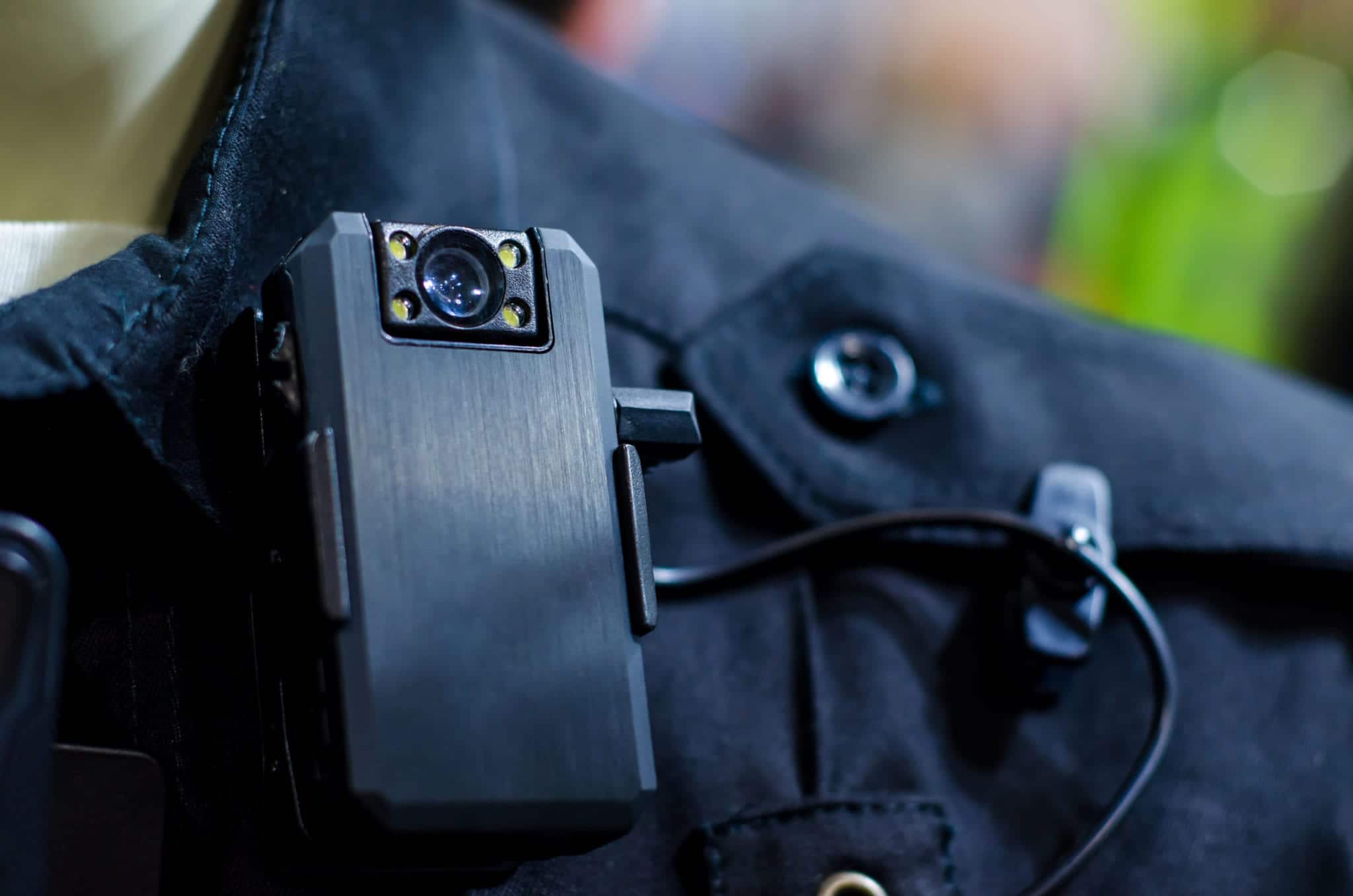Colorado Theft Laws: Penalties and Defense Strategies
July 1, 2025

Can You Bring Firearms to a Protest? A Review of Colorado Weapons Laws
Penalized for Peaceful Protests After Curfew in CO? Here’s What to Do
Posted by: Jacob E. Martinez
Category: Criminal Defense
The current economic climate is causing experts to predict a variety of things – one of which is crime.
The impact of COVID-19 is far-reaching, and Denver police are preparing for an uptick in crime related to the economic downturn. In fact, they’re studying data from the last major recessions for clues as to what can be expected. However, this time they have something new to contend with: policing reforms.
No matter the reforms on the table, one thing is for certain – police will be on the lookout for increased crime. That could mean more stops by police officers in the community.
Here’s what you need to know about police reforms and what your rights are if you are stopped by police.
Hopefully, police reforms will help to keep officers accountable for their behavior, but that’s only one part of the puzzle. It’s important for citizens to also know their rights — especially their rights when interacting with the police.
According to the ACLU, these are your rights when stopped by law enforcement:
Even if you are being arrested, you still have rights. The officer who is placing you under arrest must inform you of your right to remain silent and your right to an attorney. You should only answer very basic questions when being arrested as not to incriminate yourself. These questions include things such as your name, date of birth, and address.
It’s important to understand that no matter what they tell you, you absolutely do not have to answer any questions without a lawyer present — even after you’ve been placed under arrest.
If you are treated unfairly by officers during or after the arrest, then make sure to have any identifying information of the officer given to you. You have the right to ask for the officer’s badge number and name. Also make sure to seek medical help if you are injured by an officer.
The new law that is anticipated to be passed and signed by Colorado’s governor, Colorado Senate Bill 217, requires police body cameras — as well as the release of footage on body cameras — within 45 days. Plus, officers can be held personally liable for violations of civil rights.
These changes, in conjunction with a more educated community who fully knows their rights, will hopefully make everyone safer, and the excessive force officers have previously used a thing of the past.
About the Author:
Denver-based criminal defense and DUI attorney Jacob E. Martinez is a knowledgeable and experienced litigator with a record of success providing innovative solutions to clients facing criminal charges of any severity. Mr. Martinez has been recognized by countless legal organizations for his exemplary defense work, including Avvo, Best DWI Attorneys, Expertise, Lawyers of Distinction, The National Trial Lawyers, and others. He was also named one of the 10 Best in Client Satisfaction in Colorado by the American Institute of Criminal Law Attorneys for 2020, and is Lead Counsel rated.
Jury Trial - Not Guilty
Jury Trial - Not Guilty
Arapahoe 1st Degree Assault/Vehicular Assault
Jury Trial - Not Guilty
Denver Domestic Violence Assault Case
Jury Trial - Not Guilty
Denver D.V. Assault
Jury Trial - Not Guilty
Denver Careless Driving Resulting in Death
Jury Trial - Not Guilty
Jefferson County Felony Menacing
Jury Trial - Not Guilty
Adams County DUI
Jury Trial - Not Guilty
Jefferson County DUI
Jury Trial - Not Guilty
Jefferson County DUI
Jury Trial - Not Guilty
Jefferson Vehicular Assault/DUI
Jury Trial - Not Guilty
Jefferson County DUI
Jury Trial - Not Guilty
Boulder County DUI case
Jury Trial - Not Guilty
Arapahoe County DUI case
Jury Trial - Not Guilty
Adams County DUI case
Jury Trial - Not Guilty
Douglas County DUI case
Jury Trial - Not Guilty
Gilpin County DUI case
Dismissed
Broomfield County Probation Revocation case
Dismissal
Arapahoe County DUI case
Deferred Judgment
Arapahoe County DUI case
Deferred Judgment
Douglas County DUI case
Deferred Judgment
Larimer County DUI case
Deferred Judgment
Arapahoe County DUI Case
Deferred Judgment
Denver Felony Burglary Case
Deferred Judgment
Arapahoe County DUI case
Dismissed
Arapahoe County Protection Order Case
Dismissed
Golden Destruction of Property case
Dismissed
Jefferson County Protection Order case
Dismissed
Jefferson County Domestic Violence case
Dismissed and Sealed
Jefferson County DUI case
Dismissed
Denver Major Traffic Offense case
Dismissed and Sealed
Broomfield County Domestic Violence case
Dismissed
Summit County DUI Revocation
Dismissed
Denver DUI Revocation
Dismissed
Denver DUI Revocation
Dismissed
Denver DUI +.2 Involving Accident and Injury case
Dismissed
Denver DUI/Habitual Traffic Offender case
DISMISSAL
Denver District Aggravated Theft
Dismissed
Greenwood Village Assault case
Dismissal
Elbert County DUI
Dismissed
Arapahoe County Domestic Violence case
Dismissal
Jefferson County DUI
Dismissal
Denver Municipal Assault
Dismissed
Boulder County Domestic Violence Assault case
Dismissed
Wheat Ridge Assault case
Dismissed
Jefferson County DUI case, with 2+ Prior Convictions
Dismissed
Arapahoe County Domestic Violence case
Dismissed
Broomfield County Domestic Violence case
Dismissed with No Charges Filed
Jefferson County Felony Theft case
Dismissed
Arapahoe County Felony Theft case
Dismissed
Boulder County Felony Theft case

